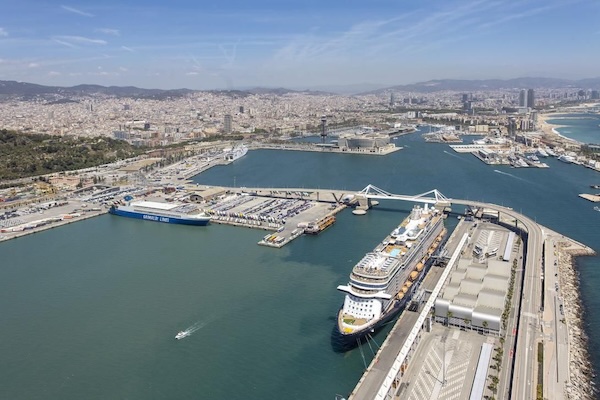Anticipating overtourism, Barcelona aims to adjust the cruise passenger levy.
- The city plans to raise the existing €7 per day tax on cruise passengers.
- Mayor Jaume Collboni emphasizes sustainable tourism respecting local life.
- Funds from the tax increase will support high foot traffic and social areas.
- The proposed tax hike awaits approval from the Catalan regional government.
The bustling city of Barcelona, a prime destination for cruise liners, is preparing to initiate a significant change in its approach to managing the influx of tourists arriving by sea. In an effort to combat overtourism, Barcelona plans to increase the tax currently imposed on cruise ship passengers who spend less than 12 hours in the city. The current levy imposed stands at €7 per day, though specific details on the new rate have yet to be finalised.
Mayor Jaume Collboni has been vocal about the need to steer tourism in a direction that benefits both visitors and residents. He stated that this measure is not intended to deter cruise visitors but to ensure they contribute to the city’s welfare. “We want the kind of tourism that is respectful toward the destination,” Collboni remarked.
The increased levy is envisaged to generate revenue that will be invested in various areas of Barcelona, particularly those experiencing high levels of foot traffic. Additionally, funds will support social projects such as improving public amenities, exemplified by the installation of air conditioning in schools.
Barcelona hosts over 1,100 cruise ship visits annually, with as many as five ships docking daily during peak times. The city’s approach prioritises residents’ rights and seeks to balance tourism’s economic benefits with quality of life for local citizens. Collboni expressed, “When it comes to a choice between tourists using housing and the right to housing, we’ve decided to put the right to housing in Barcelona first.”
However, the implementation of this new tax structure requires agreement with the Catalan regional government, whose approval is necessary for any changes to take effect. The mayor’s ambition is for Barcelona to provide a model for cities seeking to harmonise tourism and local welfare.
In addition to the planned tax increase, there remains a broader discourse on managing tourism not just in Barcelona but across other popular destinations facing similar challenges. A demonstration in Majorca, called by the Menys Turisme, Més Vida platform, illustrates the escalating demand for more stringent tourist regulations.
Barcelona’s strategy reflects a growing trend towards sustainable tourism management in major cities worldwide.

